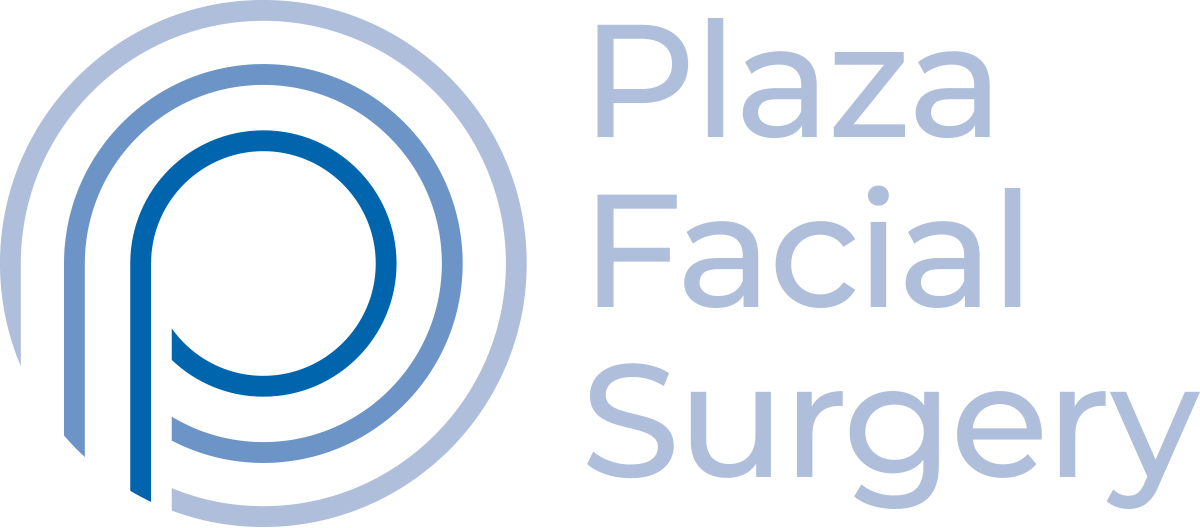
Reconstructive Surgery
If you were born with a cleft lip or palate, have suffered an injury that has left your face disfigured, or are unhappy with the effects of aging, you may be a candidate for facial reconstructive surgery. This type of surgery can change the way you look and make you feel better about yourself.
The types of procedures that can be performed vary depending on the surgeon's training and experience. However, common procedures include rhinoplasty (surgery to improve the shape of the nose), otoplasty (surgery to improve the shape of the ears), genioplasty (surgery to improve the shape of the chin), and blepharoplasty (surgery to improve the appearance of the eyelids).
The results of facial reconstructive surgery can be life-changing. Patients often report feeling more confident and self-assured after their procedures. If you are considering this type of surgery, be sure to consult with one of our board-certified doctors at Plaza Facial Surgery to discuss your options and ensure that you are making the best decision for your needs.
Considering Surgery
Facial reconstructive surgery can improve appearance and self-confidence. It can also help with functional problems, such as difficulty breathing or swallowing. Most people who have facial surgery are pleased with the results. However, as with any surgery, there are potential risks and complications. Be sure to discuss these with your surgeon before you have surgery.
Reconstructive surgery is performed to correct functional impairments caused by burns, traumatic injuries (such as facial bone fractures and breaks), congenital abnormalities (such as cleft lip and palate), developmental abnormalities, infection and disease. It is usually performed in children born with congenital anomalies of the head and face. Adults may also require reconstructive surgery due to injury or after previous surgeries that have left them with significant facial deformities. The goal of reconstructive surgery is to restore both form and function. The approach depends on the problem being addressed, but may involve skin grafts, flap surgery, bone or cartilage grafts, or use of artificial implants.
If you are considering facial reconstructive surgery, we encourage you to schedule a consultation with one of our experienced doctors. During your visit, we will discuss your goals, alternative treatments, potential risks and benefits of the various procedures. We will also develop a personalized treatment plan for you.

CONTACT US
CALL US
VISIT US
MON - FRI
8:00am - 5:00pm



